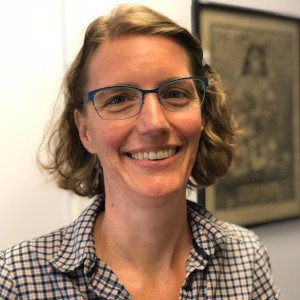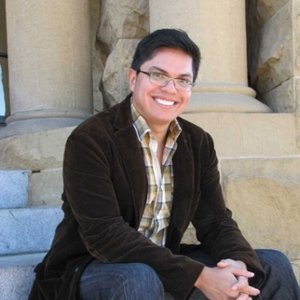
- This event has passed.
Immigration policies in the United States: Understanding violence nation-wide and in Santa Cruz
December 7, 2020 @ 9:30 am
Deportation is far more than a policy term; it is a threat and an act with explosive impact on families and communities. Four in five face persecution – including torture, rape, and murder – in their home countries. Nearly 6 million children are in the care of individuals vulnerable to deportation. Family separation has immediate and long-lasting psychosocial and economic consequences for those deportand and for those left behind. Many under threat have been in this country for decades. Yet, in the face of fear and increasingly harsh policies, communities have organized to respond and build resilience. UC Santa Cruz Professor of Psychology, Regina Day Langhout, lead author on a policy brief, “Statement on the Effects of Deportation and Forced Separation on Immigrants, their Families, and Communities,” will discuss the far-reaching impacts of deportation and collective resistance. Join us for this important conversation. This University Forum event is co-sponsored by the Institute for Social Transformation.

Regina Langhout is a Professor in the Psychology Department at UC Santa Cruz. Her research examines empowerment in schools, neighborhoods, and the workplace. As a critical social-community psychologist, she is best known for her youth participatory action research with 9-12 year old Latinx children. Indeed, she has been asked to speak about or has given workshops on yPAR with 8-12 year olds across the Americas.Most recently, her yPAR work has focused onstate-led violence against immigrant communities. She is a fellow of the Society for Community Research and Action and an associate editor of the American Journal of Community Psychology.

Juan Manuel Pedroza is an Assistant Professor of Sociology at UCSC where he studies the changing landscape of immigration in the United States. Over the past decade, he has examined the vast inequalities of immigrants’ access to justice, the social safety net, and poverty. His research examines how and where deportation and enforcement initiatives exacerbate these inequalities and leave imprints in our local communities.Pedroza has a Bachelor’s degree in History and Conflict Studies from DePauw University, a Master’s of Public Admin degree in Policy Analysis and Economic Development from Indiana University at Bloomington-SPEA, a Ph.D. in Sociology from Stanford University, and was a Fellow at Stanford’s Center for Poverty and Inequality and Graduate Research Fellow at the Center for Comparative Studies in Race and Ethnicity.

